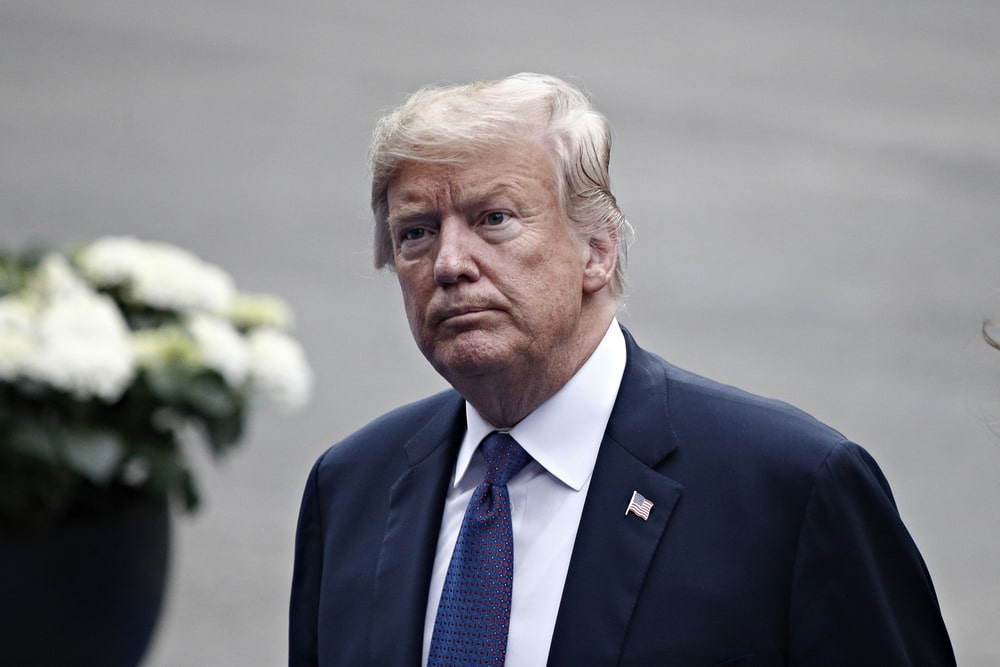As Donald Trump’s civil fraud trial in New York approaches closing arguments, the former president’s bid to personally address the court is denied. The trial centers on accusations of Trump inflating his wealth on financial documents.
Trump’s civil fraud trial in New York, focused on allegations of exaggerating his wealth on financial statements, proceeds to closing arguments.
New York Attorney General Letitia James seeks $370 million in penalties, claiming Trump’s actions constituted fraud, while Trump denies any wrongdoing.
Trump’s attempt to deliver his closing remarks is rejected by the judge, leaving the legal team to conclude the proceedings.
The trial involves claims of conspiracy, insurance fraud, and falsifying business records, with Trump’s company and sons, Eric and Donald Jr., as co-defendants.
Despite personal and legal challenges, including a recent family loss and other court appearances, Trump remains actively involved in the trial.
Trump contends his financial statements accurately represented his net worth and argues the case is politically motivated.
The judge signaled a potential liability for Trump and co-defendants in a previous ruling, expressing skepticism about the accuracy of the financial statements.
New York Attorney General James aims not only for monetary damages but also to bar Trump and co-defendants from conducting business in the state.
The trial is part of a broader legal and political landscape for Trump, including other criminal cases and appeals in Washington, D.C.
The judge anticipates reaching a decision by the end of the month, highlighting the significance of the case.
Trump’s legal challenges, both in New York and Washington, D.C., contribute to a complex legal and political landscape. The denial of his attempt to address the court directly adds a layer of complexity to the trial’s conclusion.
The trial’s outcome could have significant implications for Trump’s financial standing and political ambitions, shaping perceptions of his business practices and truthfulness.
As the civil fraud trial nears its end, the denial of Trump’s request to make closing remarks underscores the legal intricacies surrounding the case. The judgment’s impact extends beyond monetary penalties, influencing Trump’s political narrative and legal standing.
This analysis is based on information from the Associated Press (AP), providing insights into the developments of Donald Trump’s civil fraud trial in New York.



